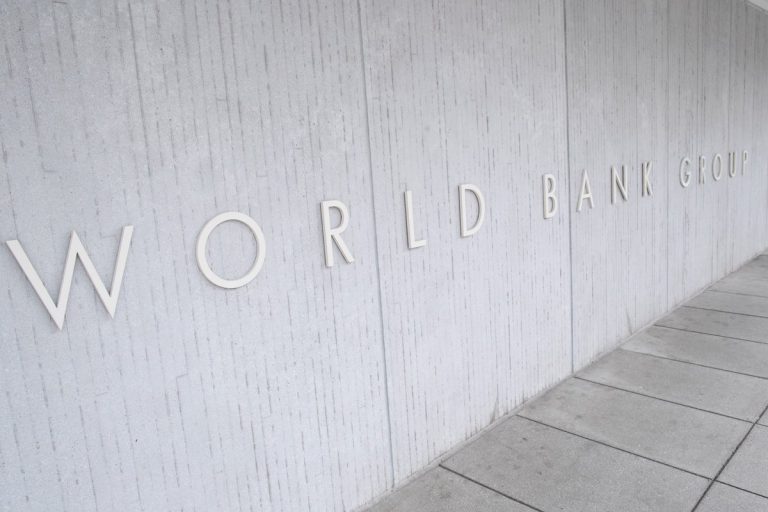The World Bank Group has expressed grave concerns over the rising debt among emerging and developing economies (EMDEs) across the globe, calling on policymakers to act promptly thereby strengthening their economic policies to make them less vulnerable to financial shocks.
At a record eight-year high of $55tr by 2018 end, the bank in a report titled Global Waves of Debt, a comprehensive study of the four major episodes of debt accumulation that have occurred in more than 100 countries since 1970, said the debt level remains the largest, fastest, and most broad-based in nearly five decades.
The report is coming at a time the Nigerian Senate, on Tuesday, began the process of approving plans by the Mahammadu Buhari administration to borrow $22.78bn, by referring the 2016–2018 External Borrowing Plan request to its Committee on Local and Foreign Debts. This is despite protests by various experts, lamenting the dangers inherent in the loan.
It found that the debt-to-GDP ratio of developing countries has climbed 54 percentage points to 168% since the debt buildup began in 2010, while on the average, the ratio has risen by about seven percentage points a year—nearly three times as fast it did during the Latin America debt crisis of the 1970s.
The increase, moreover, the World Bank said in a statement, has been exceptionally broad-based—involving government as well as private debt, and observable in virtually all regions across the world.
Reacting to the report, World Bank Group President David Malpass, believes the size, speed, and breadth of the latest debt wave should concern us all, as it “underscores why debt management and transparency need to be top priorities for policymakers—so they can increase growth and investment and ensure that the debt they take on contributes to better development outcomes for the people.”
According to the report, the prevalence of historically low global interest rates mitigates the risk of a crisis for now. But the record of the past 50 years highlights the dangers: Since 1970, about half of the 521 national episodes of rapid debt growth in developing countries have been accompanied by financial crises that significantly weakened per-capita income and investment.








